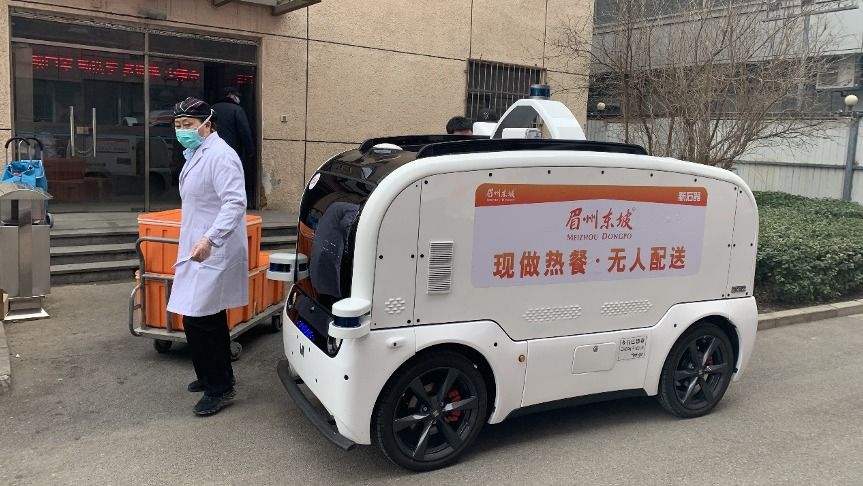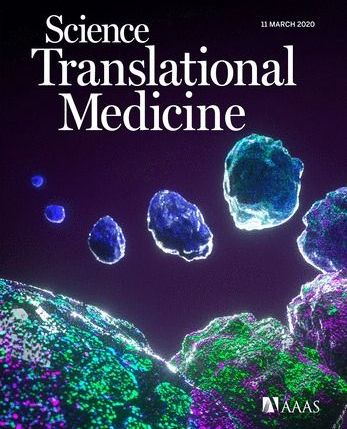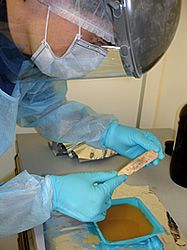Ann Druyan, who co-wrote the original 1980s series with her late husband, is back at work as this season’s executive producer, writer and director. Her book, “Cosmos: Possible Worlds,” was recently published as a companion to the series, which will be aired on March 9 at 8/7c on National Geographic. We were lucky enough to catch up with Druyan to talk more about her latest projects.
You’ve described this season of “Cosmos” as the “boldest” season yet. Can you elaborate on that, without giving too much away?
I think it’s the boldest in that it appears to present such an optimistic vision of the future, and that sets it apart, I think, in many ways from most of our entertainment. Of course, our entertainment is just a reflection of the reality we’re coping with, but this “Cosmos” is not only a vision of a magnificent future, but a vision of a magnificent future if we learn to use our science in high technology with wisdom. It’s the future we can still have and so many of the stories in both book and show are the stories of our ancestors who endured terrible situations. Every single person alive today is descended from humans who have been back to the wall repeatedly, but rose to the challenge.
And so, [the theme of] “possible worlds” works on many different levels. It’s the possible worlds of exoplanets we’ve yet to discover. It’s the possible world within, the science of our brains and the dream of creating connectomes similar to a genome — one consisting of all our thoughts, associations, memory.






